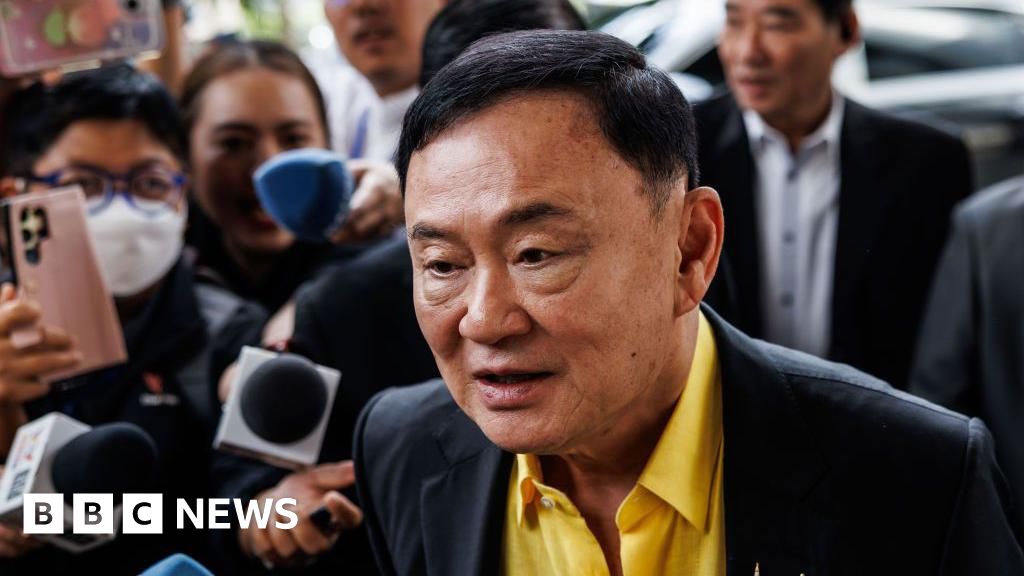A Bangkok court has acquitted former Thai prime minister Thaksin Shinawatra of a lese majeste charge, which accused him of insulting the monarchy. This ruling stems from an interview he conducted with a South Korean newspaper ten years ago. Had he been convicted, he could have faced a prison sentence of up to 15 years. The case highlights ongoing tensions in Thailand, where the lese majeste law is often viewed as a tool to suppress dissent and target political opponents.
The court’s decision was announced on a day when Thaksin’s daughter, Paetongtarn Shinawatra, suspended Prime Minister of Thailand, faces her own legal challenges that could lead to her removal from office. Critics of the lese majeste law argue that it is frequently misused against activists, while supporters maintain it protects the monarchy from defamation. The verdict has provided a moment of relief for the Shinawatras, a family that has been a dominant force in Thai politics for decades.
Thaksin’s legal troubles began in 2016 under the military government, while he was in exile. The charge was reactivated following his return to Thailand in 2022. In the South Korean interview, Thaksin suggested that the 2014 military coup, which ousted his sister Yingluck Shinawatra, was influenced by “some people in the palace” and members of the privy council. Notably, the privy council itself is not protected under the lese majeste law, which only covers defamation of the king, queen, heir, and regents.
The court found the case against Thaksin weak, determining that since he did not name specific individuals, there was insufficient evidence to proceed. This ruling comes exactly two years after Thaksin’s dramatic return from a 15-year exile, a move that many believed involved a political bargain allowing his party, Pheu Thai, to form a coalition government despite not winning the most seats in the 2023 election.
Despite agreements to maintain a low profile, Thaksin has remained a significant influence within Pheu Thai, reportedly still the party’s largest funder. When his preferred candidate for prime minister, businessman Srettha Thavisin, was disqualified last year, Paetongtarn assumed leadership, becoming Thailand’s youngest prime minister.
The Shinawatra family’s dual leadership has attracted criticism, particularly during a border conflict with Cambodia. Paetongtarn’s comments in a leaked conversation with Cambodian leader Hun Sen raised eyebrows and led to her temporary suspension by the Constitutional Court.
The outcomes of both Thaksin’s and his daughter’s legal situations could depend on the influence of Thailand’s traditional power brokers, particularly those connected to the monarchy and military. Many speculate that the court may avoid further destabilizing the government, particularly in a period of global uncertainty. Even if Thaksin is found guilty in upcoming cases, he may remain out of prison on bail as he appeals, though he faces additional court challenges later this year.
The future for the Shinawatra family remains precarious, with the potential for early elections looming, especially if their current government struggles to maintain popular support. As Thailand navigates these turbulent political waters, the impact of these legal proceedings on the country’s governance and stability becomes ever more critical.





































































